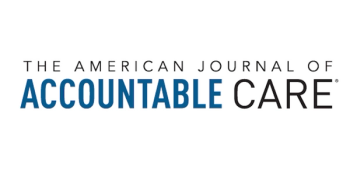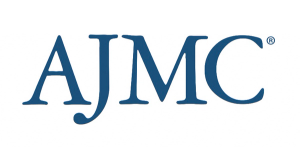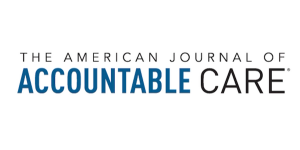
Medicare accountable care organizations use preferred skilled nursing facility networks for postacute care management, although the size, structure, and resource allocation of networks vary widely.

Medicare accountable care organizations use preferred skilled nursing facility networks for postacute care management, although the size, structure, and resource allocation of networks vary widely.

The authors evaluate features of the Transforming Episode Accountability Model and discuss its benefits and limitations.

Engaging specialty physicians is an emerging area of focus for Medicare accountable care organizations. Enhanced data on specialist costs and outcomes are essential to addressing alignment challenges.

Allowing nurse practitioners to serve as attribution-eligible providers for Medicare Shared Savings Program accountable care organizations leads to no change in hierarchical condition category risk scores and modest growth in attributed beneficiaries.

The authors’ multidisciplinary care management program shows promise, as the reduction in per-patient per-month spending was $116. However, these financial benefits took time to materialize.

Accountable care organizations (ACOs) deliver a diverse array of home-based services, but many of the services are not reimbursed. ACOs may not expand these programs without strong evidence of cost savings.

A recent survey found that more than 90% of accountable care organizations (ACOs) have multiple EHRs. This could present issues as ACOs adopt electronic quality measures.

Published: April 2nd 2024 | Updated:

Published: December 11th 2024 | Updated:

Published: December 12th 2024 | Updated:

Published: December 5th 2023 | Updated:

Published: May 12th 2022 | Updated:

Published: September 8th 2023 | Updated:

259 Prospect Plains Rd, Bldg H
Cranbury, NJ 08512
© 2025 MJH Life Sciences®
All rights reserved.
